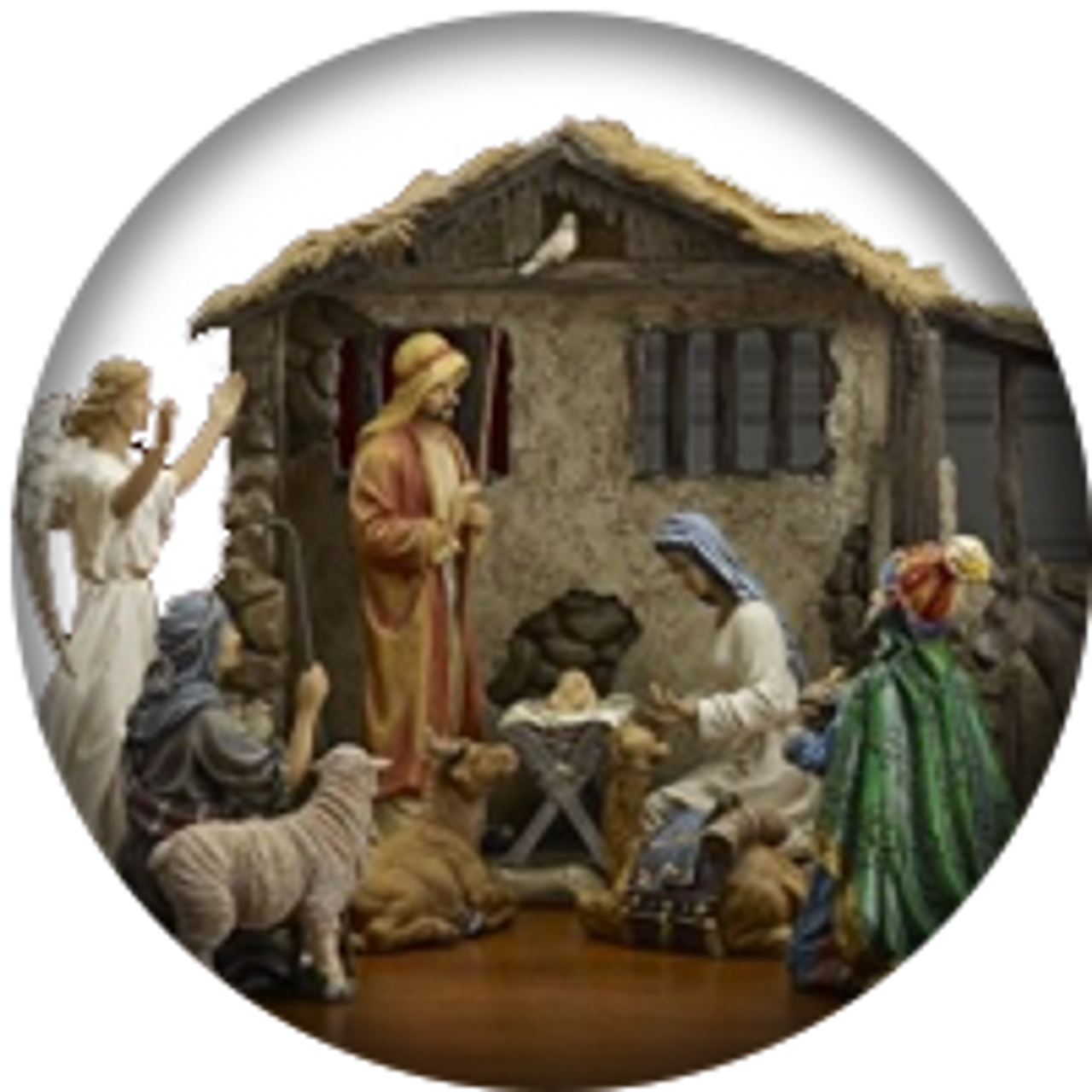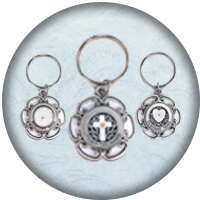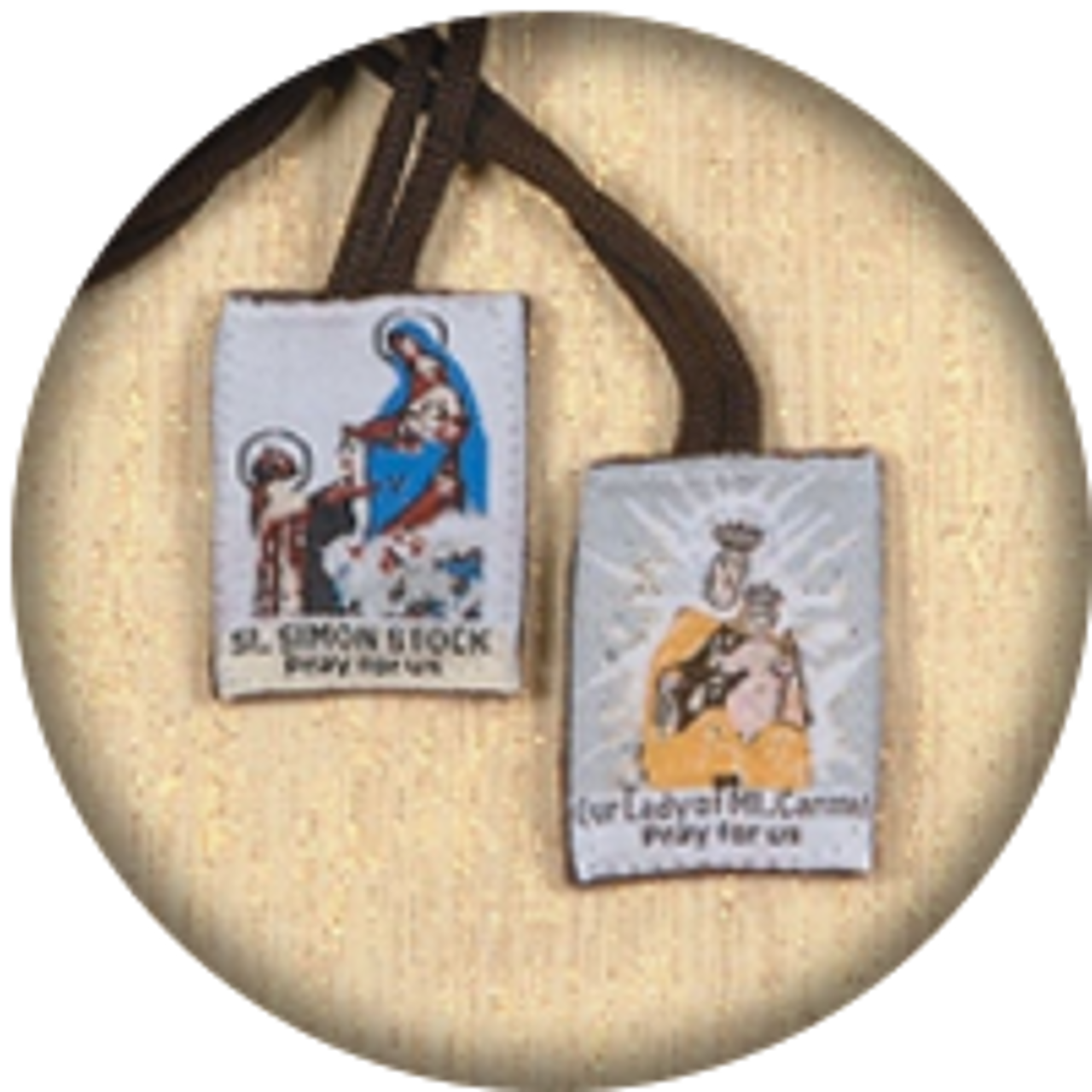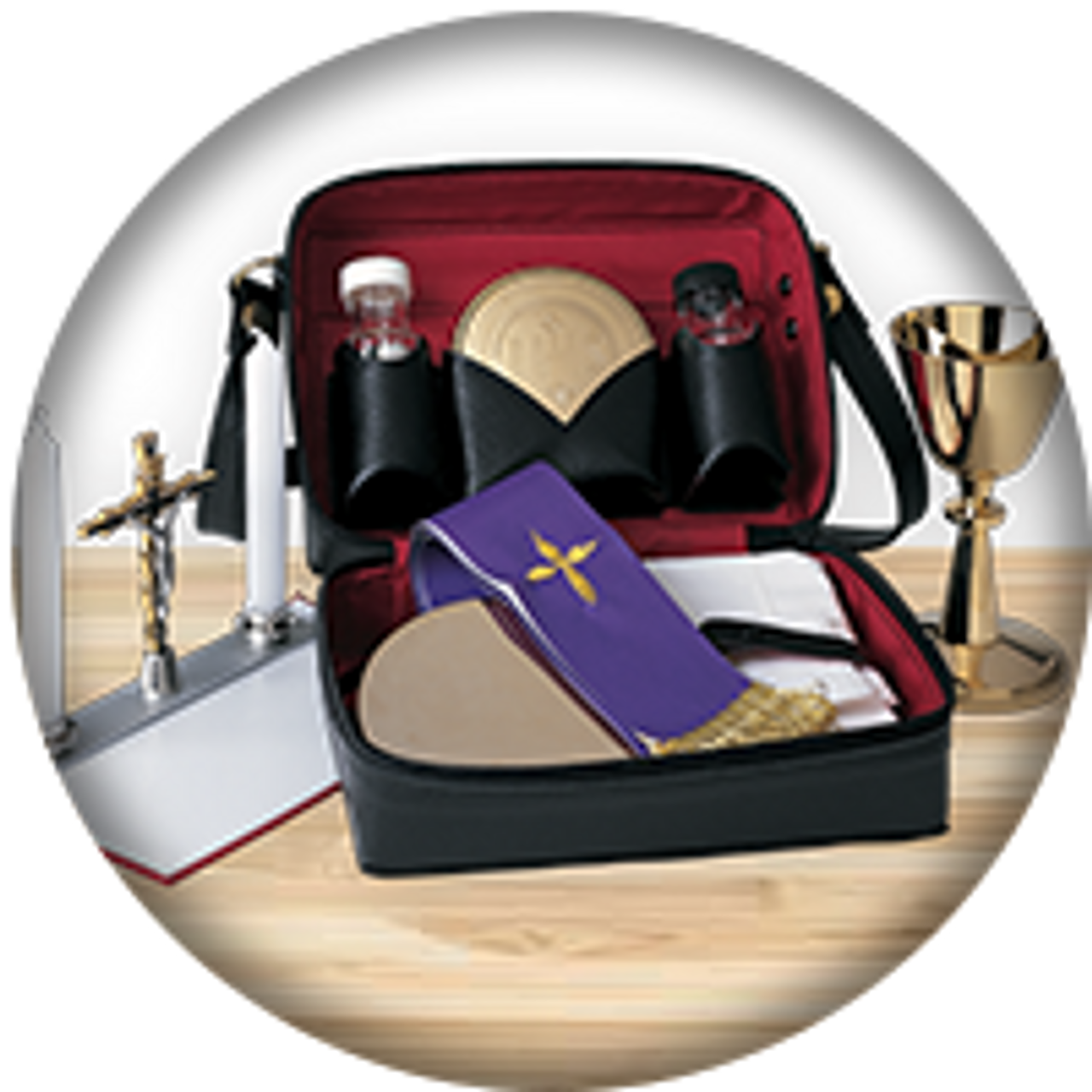THY KINGDOM COME series Part IV: THE LEAVEN OF THE PHARISEES
Kathy Boh on 22nd Nov 2019
THY KINGDOM COME series
Part IV:
THE LEAVEN OF THE PHARISEES
THE KING, THE KINGDOM AND JESUS’ WARNINGS
“Woe to you, scribes and Pharisees, you hypocrites. You lock the kingdom of heaven before human beings. You do not enter yourselves, nor do you allow entrance to those trying to enter. [Mt 23:13]
In Part III, we saw many scriptures regarding Pharisees. This prominent group of religious leaders gave Jesus multiple concerns. Not only were the Pharisees not leading nor caring for God’s sheep well, but they were keeping them from being taught, saved, tended and well-formed by Jesus Himself. We quote briefly from Part III
He was grieved and sometimes angry at what He saw in the Pharisees… how they formed (or mal-formed) the attitudes, minds and hearts of those they led and taught. The Pharisees led the people in directions that too often were not loving… nor did they give the people the new “life” that Jesus desired to bring them. These teachers of the law put them in danger of ‘absorbing’ the same attitudes and priorities that they had. [See “LEAVEN OF THE PHARISEES” below, in this article.]
Wisdom teaches us that what we learn is as much “caught” as “taught”. Attitudes and perspectives (especially when they come from strong leaders, or highly controlled/ controlling leadership) are particularly vulnerable to being “caught”. If fear or intimidation or guilt are included in the presentation, they become harder to resist. It is no wonder Jesus was concerned.
Jesus was caring as a (the) Good Shepherd and as a concerned mother hen. The scripture that ended Part III was:
“Jesus mourned and grieved over Jerusalem. He said, ‘Jerusalem, Jerusalem, who kills the prophets and stones those who are sent to her! How often I wanted to gather your children together, the way a hen gathers her chicks under her wings, and you were unwilling’.” [Mt 23:37]
Jesus often warned about the Pharisees, Sadducees and Publicans. He gave many examples of why the people should not follow their example. All the religious deeds that they carefully practiced would not add up to a heart that was right with God—unless God saw real love there. One warning was this:
“And Jesus said to them, ‘Watch out and beware of the leaven of the Pharisees and Sadducees.’” [Mt 16:6]
THE LEAVEN OF THE PHARISEES
What exactly did they do to be considered undesirable leaven by Jesus? Although we go into more detail on leaven later in this blog article, here are some more scriptures to help paint a picture of what these respected leaders of His time found lacking in Jesus (and accused Jesus of). Later, we will get into more specific destructive and insidious patterns that came against Jesus’ ministry and desire to shepherd God’s people.
From all the scriptures we have been presenting in this series, and for all of the above reasons, Jesus used the image of “leaven” in a negative sense as an analogy for the Pharisees. Their priorities, ways, thoughts and values kept getting in the way of God’s people’s ability to look in the right direction toward the kingdom… or move toward preferring God’s ways and thoughts above their own.
“And Jesus said to them, ‘Watch out and beware of the leaven of the Pharisees and Sadducees.” [Mt 16:6]
“How is it that you do not understand that I did not speak to you concerning bread? But beware of the leaven of the Pharisees and Sadducees.” [Mt 16:11]
“Then they understood that He did not say to beware of the leaven of bread, but of the teaching of the Pharisees and Sadducees.” [Mt 16:12]
So… we come to another “list” of issues that Jesus had with Pharisees that were especially problematic to people’s moves toward and good formation in the kingdom of God as Jesus taught it. These are more comprehensive, insidious and destructive “leavening” patterns that Jesus described in their behaviors and inner life.
1~~Their priorities were upside down and inside out.
2~~They avoided the light and had little love of the truth.
3~~Their behavior was hypocritical.
4~~Pretense was a predominant pattern for them in word and deed.
5~~They spread their attitudes and behaviors as they “made disciples” who ended up “twice as bad” as they were.
6~~They focused on exterior appearance but not on their inner being (inside “dead” and “defiled”).
7~~They valued their own traditions and interpretations of law over the spirit of the law… and even over laws given directly from God Himself.
8~~They blocked the flock from Jesus and from the kingdom of God.
Before we give the scriptures that illustrate the above characteristics of Pharisees, we will explain Jesus’ comment on leaven.
So… why, specifically, is this “leaven of the Pharisees” such a concern?
Leaven is something that usually isn’t seen or tasted in the dough; its purpose is a hidden one: simply to make the dough rise. Part of the analogy Jesus used lies in the fact that it is “hidden”. The “unnoticeable” aspects can denote sneakiness and subtle deception. The “rising” can point to an “inflated” sense of arrogance or pride, which tended to characterize the Pharisees.
CHARACTERISTICS OF PHARISEES
Here are some scriptures which show disturbing patterns in the Pharisees' behaviors and inner life. Jesus expressed the dismay that he had concerning them, as an instruction to them to change their ways, and a warning to the people to beware of them.
1- UPSIDE DOWN, INSIDE OUT PRIORITIES
“Woe to you, Scribes and Pharisees, hypocrites! For you… have neglected the weightier provisions of the law: justice and mercy and faithfulness; but these are the things you should have done without neglecting the others. You blind guides, who strain out a gnat and swallow a camel! [Mt 23:23,24]
One way to paraphrase this verse is to say that their priorities were upside-down and inside-out. They tended to consider—the more important things as less important, and the less important as more vital. They tended to care a great deal about how things appeared on the outside, but they failed to develop a good inner life.
Because this meant that so much truth and love and real life-giving teaching did not happen, a “masked” life was presented to others…and presented as an example of “religious life” in place of true, God-led living. Misguided priorities were approved and emphasized. Deceit, craftiness and cunning in such a religious culture as the one Jesus faced can subtly become the acceptable order of the day. Life and love and care and humble right living can easily get lost in the shuffle, and “righteousness” and “holiness” become very confused and confusing concepts.
We may wonder how things could have gotten so convoluted and even reverse of what is holy and right. There are many, many answers to that. One verse from James may shed some light.
“Where jealousy and selfish ambition [rivalry/contention AMPC] exist, there is disorder [strife, disharmony] and every evil [vile. foul, morally degrading] thing [practice].” [James 3:16]
This verse speaks volumes. The more we read it and meditate on it, the more applications in life, and understanding of life's problems and answers may come to us in the process.
2-AVOIDED THE LIGHT OF TRUTH AND PREFER DARKNESS
“Jesus… [said], ‘I am the Light of the World. … he who follows me will not walk in the darkness, but will have the Light of life.’ So the Pharisees said, ‘…[Y]our testimony cannot be verified.’ Jesus answered “…You judge by appearances… You know neither me nor my Father. If you knew me you would know my Father also.” [Jn 8:12-19]
Some prefer darkness, and avoid the light and the truth…
“And this is the verdict …[on] whoever does not believe… that the light came into the world, but people preferred darkness to light, because their works were evil. For everyone who does wicked things hates the light and does not come toward the light, so that his works might not be exposed. But whoever lives the truth comes to the light, so that his works may be clearly seen as done in God.” [Jn 3:19k, 18, 19-21]
They failed to love Jesus, the Father, the “word” and the truth He spoke…
“ ‘But as it is, you are seeking to kill Me, a man who has told you the truth, which I heard from God; this Abraham did not do. You are doing the deeds of your father.’ They said to Him, “…We … have one Father: God.”
“Jesus said to them, ‘If God were your Father, you would love Me, for I proceeded forth and have come from God, for I have not even come on My own initiative, but He sent Me. Why do you not understand what I am saying? It is because you cannot bear to hear My word. You are of your father the devil, and you want to do the desires of your father. He was a murderer from the beginning, and does not stand in the truth because there is no truth in him. Whenever he speaks a lie, he speaks from his own nature, for he is a liar and the father of lies. But because I speak the truth, you do not believe Me.” [Jn 8:40-45]
So they killed Him.
“I will no longer speak much with you, for the ruler of the world is coming, and he has no power over Me… but … I do just as the Father has commanded Me.” [Jn 14:30]
3-HYPOCRITICAL
“Woe to you, scribes and Pharisees, you hypocrites. You lock the kingdom of heaven before human beings. You do not enter yourselves, nor do you allow entrance to those trying to enter. [Mt 23:13]
From previous descriptions of the Pharisees, it is not difficult to recognize their hypocritical behavior (behavior that contradicts what is said or professed or believed), or to understand how this could disturb Jesus. The motives and attitudes and priorities that go along with such deeds and behaviors can be very contagious—as we mentioned earlier.
"Self-righteousness" very accurately describes the perspective and framework of their thought and heart patterns. That, effectively, shuts out the Savior's help--the One Who really IS our "righteousness". Jesus, on the other hand, calls us to look to Him: He paid full and heavy price to become our "Door" to salvation. (A careful and prayerful reading--even with a direct call on Holy Spirit's wisdom--of Romans 9:30--10:4 and then Romans 4:4-5 may help greatly.) Remember Jesus said, "I give you a new commandment. As I have loved you, so you should love one another. This is how all will know that you are my disciples, if you have love for one another." [Jn 13:34-35]
Human nature [when being judged, by self or others or by a distorted view of God] prefers cut and dry, measurable things to judge… rather than the vague, hidden, immeasurable goodness found in “love”. Such hypocritical behavior—as it becomes a more general, continual and widespread practice—begins to become a hidden fabric of life—of relating, of choosing, and of evaluating what to do and not do, think and not think, be and not be. And it spreads.
“When you give alms, do not blow a trumpet before you, as the hypocritesdo in the synagogues and in the streets to win the praise of others. Amen, I say to you, they have received their reward.” [Mt 6:2]
“When you pray, do not be like the hypocrites, who love to stand and pray in the synagogues and on street corners so that others may see them. Amen, I say to you, they have received their reward.” [Mt 6:5]
“When you fast, do not look gloomy like the hypocrites. They neglect their appearance, so that they may appear to others to be fasting. Amen, I say to you, they have received their reward.” [Mt 6:16]
"You hypocrites! You know how to interpret the appearance of the earth and the sky; why do you not know how to interpret the present time?" [Luke 12:56]
4-PRETENSE
“Woe to you, scribes and Pharisees, hypocrites, because you devour widows’ houses, and for a pretense you make long prayers; therefore you will receive greater condemnation.” [Mt 23:14]
5-PHARISEES MAKE DISCIPLES TWICE AS BAD AS THEY WERE
“Woe to you, scribes and Pharisees, hypocrites, because you travel around on sea and land to make one proselyte; and when he becomes one, you make him twice as much a son of hell as yourselves.” [Mt 23:15]
6-GOOD APPEARANCE OUTSIDE BUT DEAD AND DEFILED INSIDE
“Woe to you, scribes and Pharisees, hypocrites! For you clean the outside of the cup and of the dish, but inside they are full of robbery and self-indulgence. You blind Pharisee, first clean the inside of the cup and of the dish, so that the outside of it may become clean also.”
“Woe to you, scribes and Pharisees, hypocrites! For you are like whitewashed tombs which on the outside appear beautiful, but inside they are full of dead men’s bones and all uncleanness. So you, too, outwardly appear righteous to men, but inwardly you are full of hypocrisy and lawlessness.” [Mt 23:25-28]
7-PREFERRED THEIR OWN TRADITIONS OVER GOD AND HIS HIGHER LAW
“Then some Pharisees and scribes came to Jesus from Jerusalem and said, ‘Why do Your disciples break the tradition of the elders? For they do not wash their hands when they eat bread.” And He answered and said to them, ‘Why do you yourselves transgress the commandment of God for the sake of your tradition?’” [Mt 15:1-3]
They preferred their own traditions over what God had revealed to them in the Bible. We call the Bible “scripture” and “God’s word”. It helps to recall that satan’s very first attack that we hear of on this earth was aimed at Eve. His cleverly crafted words cast doubt on what God had said to Adam and Eve in the Garden of Eden. In Genesis chapter 3, satan-the-snake said to Eve, “Did God really say….?
"You have nullified the word of God for the sake of your tradition.
You hypocrites, rightly did Isaiah prophesy of you:
This people honors Me with their lips, But their heart is far away from Me. But in vain do they worship Me, Teaching as doctrines the precepts of men.’”
“After Jesus called the crowd to Him, He said to them, ‘Hear and understand. It is not what enters into the mouth that defiles the man, but what proceeds out of the mouth, this defiles the man.” [Mt 15:6b-11]
8-THEY BLOCK THE FLOCK FROM JESUS AND THE KINGDOM
“But woe to you, scribes and Pharisees, hypocrites, because you shut off the kingdom of heaven from people; for you do not enter in yourselves, nor do you allow those who are entering to go in.” [Mt 23:13]
This was a double grief for Jesus. Not only did the Scribes and Pharisees refuse to enter the kingdom, themselves (which grieved Jesus and the Father greatly because They loved them so much), but they stood in the way of the Jewish people finding new life in Him. Jesus told them to do as they say, but not as they do. [Mt 23:2]
"They tie up heavy burdens [hard to carry], but they will not lift a finger to move (help) them." [Mt 23:4]
Instead, Jesus said and did the opposite: "For my yoke is easy and my burden light." [Mt 11:30]
9-BLIND LEADING THE BLIND
Jesus recognized that the Pharisees were deaf to much of what He taught, and blind to much of the truth that He spoke.
“Then the disciples came and said to Him, ‘Do You know that the Pharisees were offended when they heard this statement?”
(Jesus had been speaking to them about what defiles a person… See above.)
But He answered and said, ‘…They are blind guides of the blind. And if a blind man guides a blind man, both will fall into a pit.” [Mt 15: 12-14]
WHAT ABOUT US?
The Pharisees’ ways of thinking and acting exist in the world today—in many areas of life, both in a secular sense** [see footnote] and in a religious sense. When we forget that the Bible (and Jesus) tell us to be of His kingdom in this world… but not be of the world and its ways, we can get side-tracked. It is easy to absorb their goals, mindsets and heart choices that lead to a life of respectable and honorable appearances on the outside, but with an interior life that is as corrupt as a crypt—as Jesus told us. “Man looks on the outside, but God sees the heart.”
As our cultures get more developed and sophisticated, we learn ways of social, cultural and religious “propriety” and rituals. We can create, for instance, “politically correct language” that may or may not express what is in the speaker’s heart—but we know what looks and sounds acceptable. Love and respect in the kingdom of heaven goes deeper.
In all areas of life, as we seek God’s kingdom, we are well advised to do as Jesus warned: “Beware of the leaven of the Pharisees”. Instead, we can seek and keep on seeking for Him to help form us in healthy and loving ways—even if that means we need His grace and Holy Spirit power every step of the way.
As we describe Pharisees, it becomes a meaningful introduction to our blog on St. Paul’s Conversion at the end of January. St. Paul was one of one of those early Jewish Pharisees who dramatically changed “FROM PHARISEE TO FOLLOWER” and gave Christianity a huge “jump-start” in the Gentile (non-Jewish) world. We Gentile Christians can much appreciate his love of the Lord Jesus—and his travels, writings and teachings. Of course, we now know him as “St. Paul”—who wrote much of the New Testament.
The love and mercy of Jesus Whom he encountered on the road to Damascus surrounds each of us even now. The Holy Spirit is continually available to us along the way with every gift and grace God has to offer. And many of us are much blessed to have His scriptures readily available to us so we can come to know Him better, receive His love and learn His ways and truth as we receive the life He came to bring.
“Indeed, the word of God is living and effective, sharper than any two-edged sword, penetrating even between soul and spirit, joints and marrow, and able to discern reflections and thoughts of the heart.” [Hebr 4:12]
May Your kingdom come, O God… “Thy kingdom come
Thy will be done
On earth as it is in heaven.”
FOOTNOTES:
Scriptures are taken from the NASB or the NABRE translations of the Bible, unless otherwise noted. Some synonyms for words or parts of other translations are placed in brackets to enhance understanding.
**We find similar patterns to Pharisaical behaviors in both the secular and religious realms. Some people can become masters of deception by fitting so well into a culture’s (or church’s or group’s) social patterns and expectations and appearances that any evil or wrongdoing in them goes largely undetected. Two such examples come to mind.
The life of Frank Abagnale, Jr. (the youngest person to make the FBI’s "Ten Most Wanted” list) was featured in the 2002 film, “Catch Me If You Can”. Before he was even 18, he convincingly took jobs as a doctor, a lawyer and a co-pilot for a major airline.
Another master of deception was a well-known serial killer (of more than 30 females) named Ted Bundy, who was executed in 1989 in Florida. He could be likeable and approachable, and he positioned himself well, at times, in political circles and even a law enforcement task group. He was intelligent, studied well, good looking, had an over-inflated ego, and knew how to avoid detection—partly by moving from state to state.










